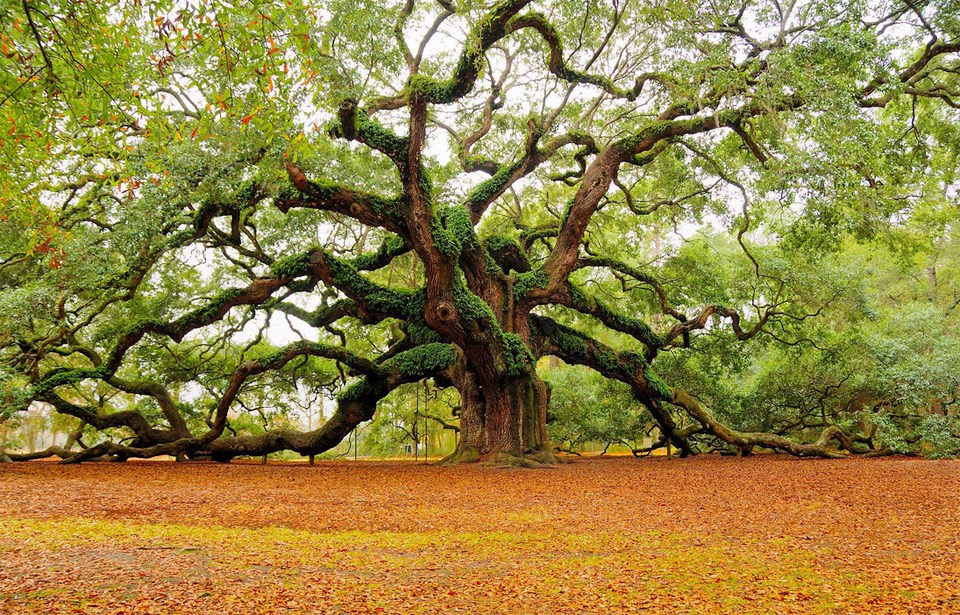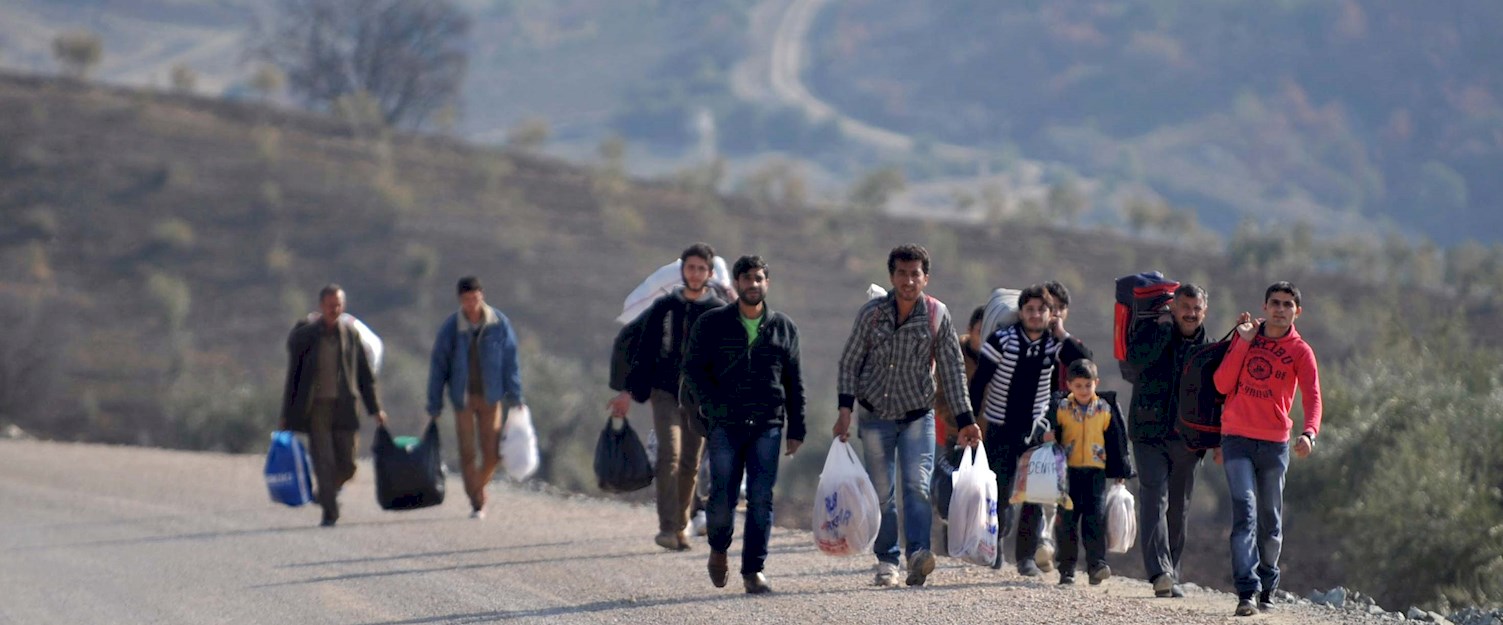ABOUT KAMRAN’s Blog and GUEST BLOG
I- KAMRAN’s Blog: Dedicated to the Common Good- aiming to be a source of hope and inspiration; enabling us all to move from despair to hope; darkness to light and competition to cooperation. “Let the beauty we love be what we do.”-Rumi
II- KAMRAN MOFID’s GUEST’s BLOG: Here on The Guest Blog you’ll find commentary, analysis, insight and at times provocation from some of the world’s influential and spiritual thought leaders as they weigh in on critical questions about the state of the world, the emerging societal issues, the dominant socio-economic logic, globalisation, money, markets, sustainability, dialogue, cooperation, environment, media, spirituality, faith, culture, the youth, the purpose of business and economic life, the crucial role of leadership, and the challenges facing economic, business, management, education, and more.
“When we are dreaming alone it is only a dream. When we are dreaming together it is the beginning of reality.”—Helder Camara

Angel Oak Tree, Charleston, South Carolina, USA
Photo: pinterest.com
- Details
- Written by: Kamran Mofid
- Hits: 2644
We Refugees
…I am told I have no country now
I am told I am a lie
I am told that modern history books
May forget my name.
We can all be refugees
Sometimes it only takes a day,
Sometimes it only takes a handshake
Or a paper that is signed.
We all came from refugees
Nobody simply just appeared,
Nobody's here without a struggle,
And why should we live in fear
Of the weather or the troubles?
We all came here from somewhere.-Benjamin Zephaniah
This is the crisis of our times, and how we respond to it is a test of our values, our spirit, our humanity, our ingenuity, our generosity, and our sincerity
“When I was reading some new poems recently, I was struck by how this one showed the universality of people displaced from their homeland. The news reports make refugees into a problem to be dealt with and seldom do we consider their desperation and individual stories. We Refugees has a first person narrator and an almost musical rhythm, so while it deals with serious subjects, it is not full of doom and gloom. There is a tone of regret, thoughts of what is lost and a tiny glimmer of hopefulness that a return could be possible at some point. The narrator could be any age or gender, actually, though my first impression was of a young person. They appear to be from Afghanistan, though it’s never named, but there are references to “a sunny, sandy place” “where girls cannot go to school” and “even young boys must grow beards”. The first part of the poem is a contrast between how the culture and the land itself has changed, the lush forest which is now a field and the dangers of music.
The most poignant part of the poem is the middle:
“We can all be refugees
Nobody is safe,
All it takes is a mad leader
Or no rain to bring forth food,
We can all be refugees
We can all be told to go…”
It points out how random and out of our control circumstances can be that creates refugees. And how timeless, too. The very places that are refusing people now were once full of people fleeing themselves not so long ago.
The end of the poem shows how the narrator is viewed by others:
“I am told I have no country now
I am told I am a lie”
This is how refugees are looked at, as a statistic, not as individual, as if their identity is erased, their family ties and names forgotten from both their homeland and the new places where they seek asylum. The final lines reiterate how it is just luck or good fortune which prevents others from facing a similar situation and offers a wish that those listening to the narrator will understand the connections that we all have, just by being human.
I was shocked that the author was not a refugee himself, but rather a man of Jamaican descent who grew up in the UK. He’s received numerous honors for his writings as both poet and novelist and is an activist for Amnesty
International and animal rights organizations. This poem is not the only foray into the issue, his novel Refugee Boy was published in 2001 and follows the journey of a boy affected by events in Ethiopia. It is the mark of a gifted writer who can convey the emotions and experiences that they have not experienced and this poem does it splendidly.”-Vulpes Libris
PEOPLE ON THE MOVE

Photo: amnesty.org/en/
“Every day, all over the world, people make the most difficult decision of their lives; to leave their homes in search of a better life.
Throughout history, migration has been a fact of life. The reasons people migrate are varied and often complex. Some people move to new countries to improve their economic situation or to pursue their education (such as migrants). Others leave their countries to escape human rights abuses, such as torture, persecution, armed conflict, extreme poverty and even death (such as refugees and asylum seekers).
Their journey can be full of danger and fear. Some face detention when they arrive. Many face daily racism, xenophobia, and discrimination. They are uniquely vulnerable, without the usual support structures most of us take for granted.”-Amnesty International
The Gift of Refugees and Migrants
‘It is a compelling theory, especially when you reflect upon the fact that Albert Einstein, Sigmund Freud, Mikhail Baryshnikov, Rudolf Nuryev, Marlene Dietrich, Alexandre Solzhenitsyn and Vladimir Nabokov were among but a few celebrity refugees and migrants.
Imagine what the world would have missed had they not managed to forge a better life outside their country of origin.’-RadioFreeEurope
Famous exiles who have lived in Britain:
Camille Pissarro, painter from France; Guiseppe Mazzini, political revolutionary, from Italy; Victor Hugo, writer from France; Lajos Kossuth, political revolutionary from Hungary Karl Marx, political revolutionary from Germany Vladimir Ilyich Lenin, political revolutionary from Russia Peter Kropotkin, political revolutionary from Russia Sun Yat Sen, nationalist leader from China Sigmund Freud, psychologist from Germany Frank Auerbach, Artist from Germany Ruth Prawer Jhabvala, film writer from Germany King Michael Hohenzollern, King of Romania Emperor Haile Selassie, Emperor of Ethiopia Arthur Koestler, author and journalist from Hungary Oliver Tambo, Former ANC President from South Africa Roberto Matta, artist from Chile Irina Ratushinskaya, poet from former USSR Wole Soyinka, writer and Nobel Prize winner from Nigeria Geoffrey Oreyema, singer and writer from Uganda.
Refugees who have made their names in Britain
Michael Marks, founded marks and Spencer Sir Montague Burton, Burton retail Dame Elizabeth Hill, pioneer of Slavonic studies Andre Deutsch, publisher Lewis Namier, historian Sir Ernst Chain, biochemist Sir Claus Moser, academic and statistician Joseph Rotblat, physicist Walter Neurath, publisher Karen Gershon, poet Robert Berki, political theorist Lord Weidenfeld, publisher Siegmund Nissel/Peter Schidlof, co-founders of Amadeus string quartet Rabbi Hugo Gryn, leading Anglo-Jewish rabbi Sir Alexander Korda, film director Sir Karl Popper, philosopher Sir Goerg Solti, conductor, Yasmin Alibhai Brown, journalist and editor Alan Yentob, ex-BBC programmes director Sousa Jamba, writer.
Three generations of talent Victor Ehrenberg, an eminent historian of the ancient world and refugee from Czechoslovakia Lewis Elton (his son), educationalist, the only professor of higher education in Britain before he retired, and Ben Elton (his grandson), comedian and novelist.
The Heritage and Contributions of Refugees to the UK – a Credit to the Nation
GCGI Christmas Appeal 2016: The Gift of Refugees and Migrants
- Thank you Governor Carney: Yes, You are Right- We Need Globalisation for the Common Good
- GCGI Christmas Appeal 2016: The Gift of Refugees and Migrants
- Brexit, Trump and the failure of our universities to pursue wisdom
- Black Friday, Brexit and Trumpian Values: Deadly forces taking over our world, controlling our minds
- The new Brexit and Trumpian World Order: Will they engulf Europe and the rest of the world?
- Beyond the Agony and Hatred
- THE BATTLE OF THE SOMME, A HUNDRED YEARS ON
